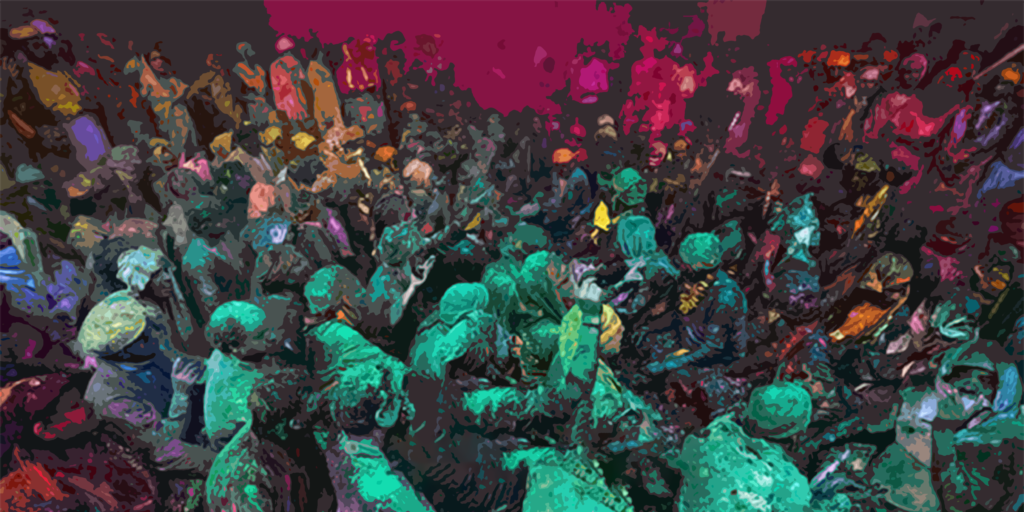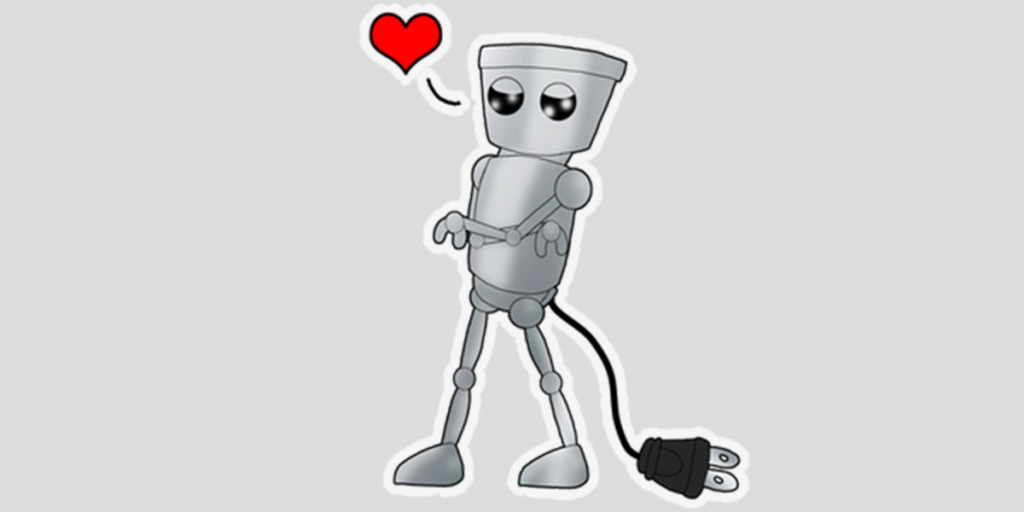
The French words Déjà Vu and Jamais Vu are the labels used for such experiences and events which either we have never encountered before but, we feel like we have or such events which we have been a part of a hundred times before but still (at times) they feel new to us.
Déjà Vu
On many occasions, you get a vivid familiarity as if you have been to this park before. Or you have had a similar conversation with your earlier. The feeling you have when you know that you have been a part of this exact situation before. Although chances are rare, sometimes you might even predict what is going to happen next. This hunch is the feeling of Déjà Vu, a French phrase that literally translates to “already seen”.
One aspect of Déjà Vu is that it does not happen gradually; it happens all of a sudden. Also, it does not matter whether you are alone sitting and working in a cafe or you are a part of a group; the uncanny feeling of Déjà Vu can take place in any situation.
Have we been here before?
Why do we feel like we have?
Researchers and psychologists have given various explanations for this phenomenon, and some of them are:
- Dreams & Travel
Those who travel often have a wide range of imagination which can have manifestations in their dreams. Traveling and being half the world away from your hometown can result in unfamiliar situations that seem a bit familiar to you.
- Memory Glitch
Researchers have suggested that the memory pathways of the brain can confuse certain events and their timelines. A short-term memory of an event can cause discrepancies in the temporal lobe – the area of the brain responsible for memory creation and retention. This event can generate such signals in the brain that we start linking the short-term memory to a detailed long-term memory. The result is that we ask ourselves the question – “Is this Déjà Vu”?
- Stress
The state of fatigue and stress are also related to experiencing Déjà Vu. Overwhelming stress can make you worn out and tired and can majorly affect your memory functioning, which, as stated above, can result in encountering Déjà Vu.
Jamais Vu
In some situations being in a familiar event and environment brings about a sense of unfamiliarity. You are dressing up to go out and this feeling crawls up in your insides; you do not recognize your room. In another instance, you are walking down your street, and now even the alley you have grown up in gives you an unfamiliar feeling. This presentiment identifies as Jamais Vu, the French phrase jamais vu meaning translates to “never seen.”
Like Déjà Vu, Jamais Vu can also take place in any situation and suddenly at that.
I know this place like the back of my hand.
Why does it feel foreign?
- Epileptic Seizures
An epileptic episode (associated with the right temporal lobe) results in disequilibrium in the memory system and causes a person to suffer from this phenomenon of Jamais Vu.
- Phobia
Researches have also found that phobias are also associated with this incident. Specific confusing and exhausting situations have a fearing effect on individuals. So it is evident that all these perplexing stimuli can cause a glitch in the brain and make a homely vicinity seem anomalous.
Bottom Line
Both of these phenomena have equal prevalence, but Deja Vu gets more noticeable than Jamais Vu as objective familiarity is much more noticeable and attention-grabbing than irrational unfamiliarity.









